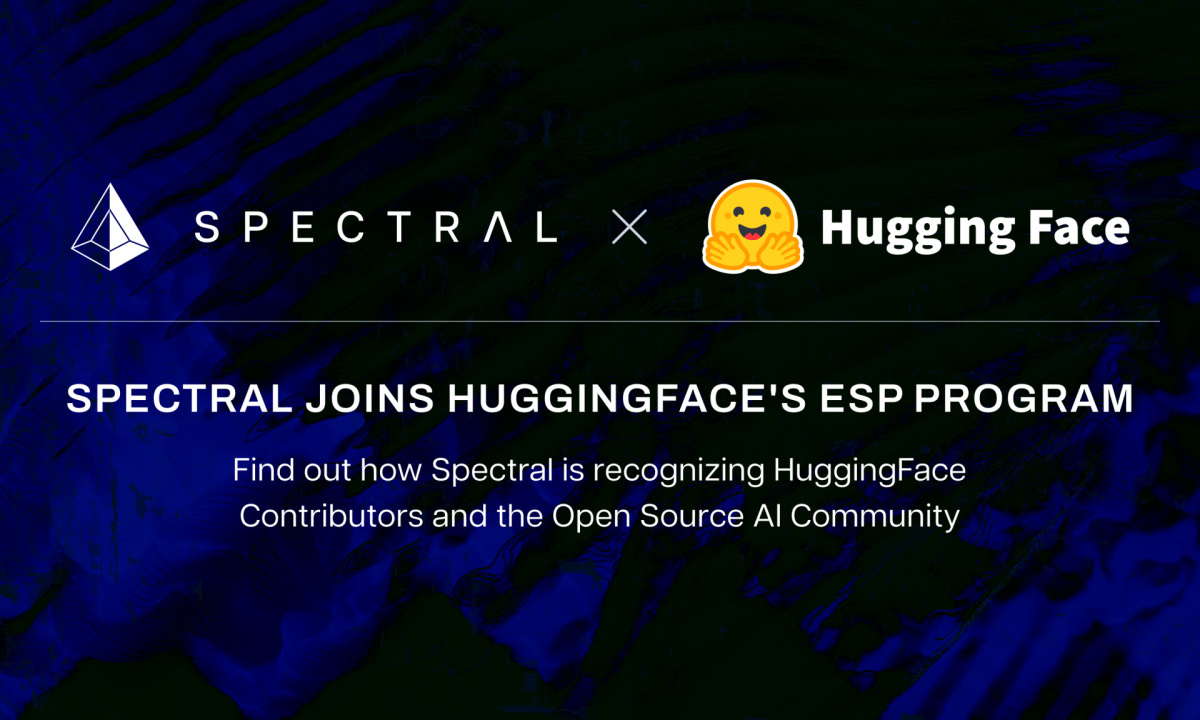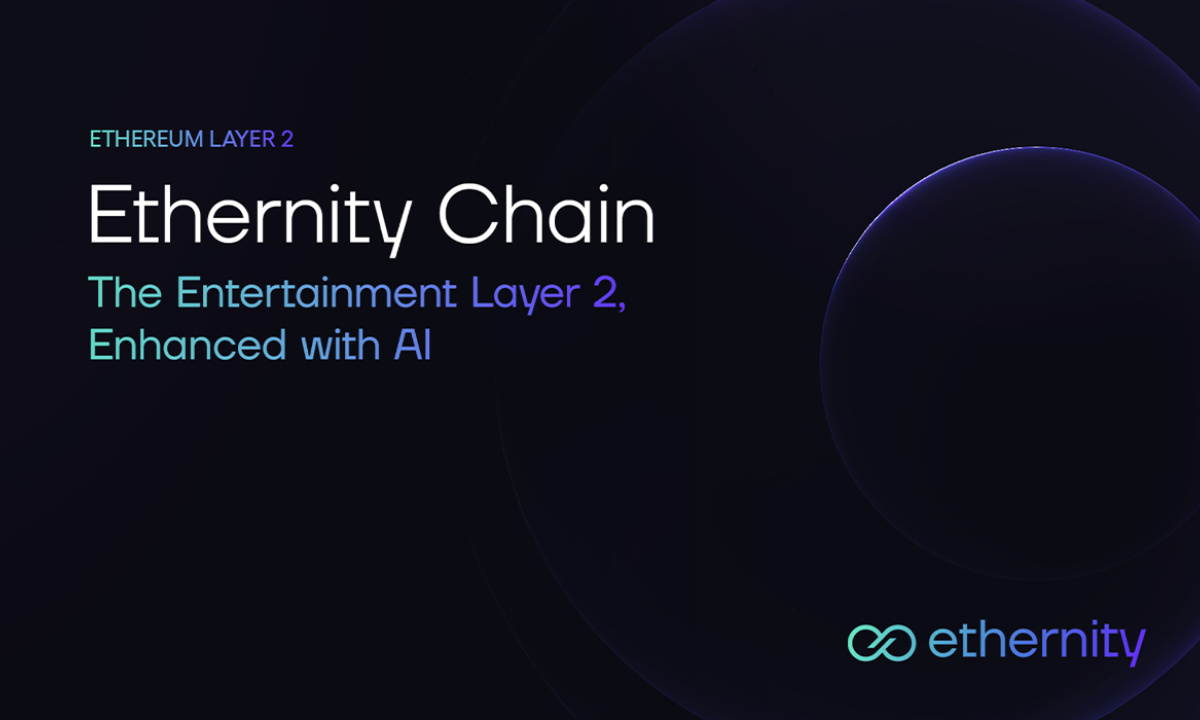Understanding Private Blockchain
A private blockchain is a specific type of blockchain that is controlled by a single organization. Unlike public blockchains, private blockchains are not accessible to the general public and require authorization for entry. These solutions are typically designed for internal use within an enterprise, relying on trust and limiting participation to employees of the organization.
Although private blockchains are not decentralized like their public counterparts, certain aspects of the system may still be decentralized or distributed. Private blockchain platforms often incorporate regulations that ensure a proper workflow, requiring all nodes to adhere to specific rules.
One of the main benefits of private blockchains is their high level of efficiency. Unlike public blockchains that can be resource-intensive, private blockchains are optimized to meet the specific needs of a single organization.
In addition, private blockchains offer enhanced privacy and discretion since access is restricted to a select group of individuals. This makes them particularly suitable for enterprises that require robust technologies to support their processes and streamline workflows.
Private blockchain solutions are known for their stability, as only a few authorized individuals can initiate transactions. This results in fewer delays and lower congestion compared to public blockchains.











